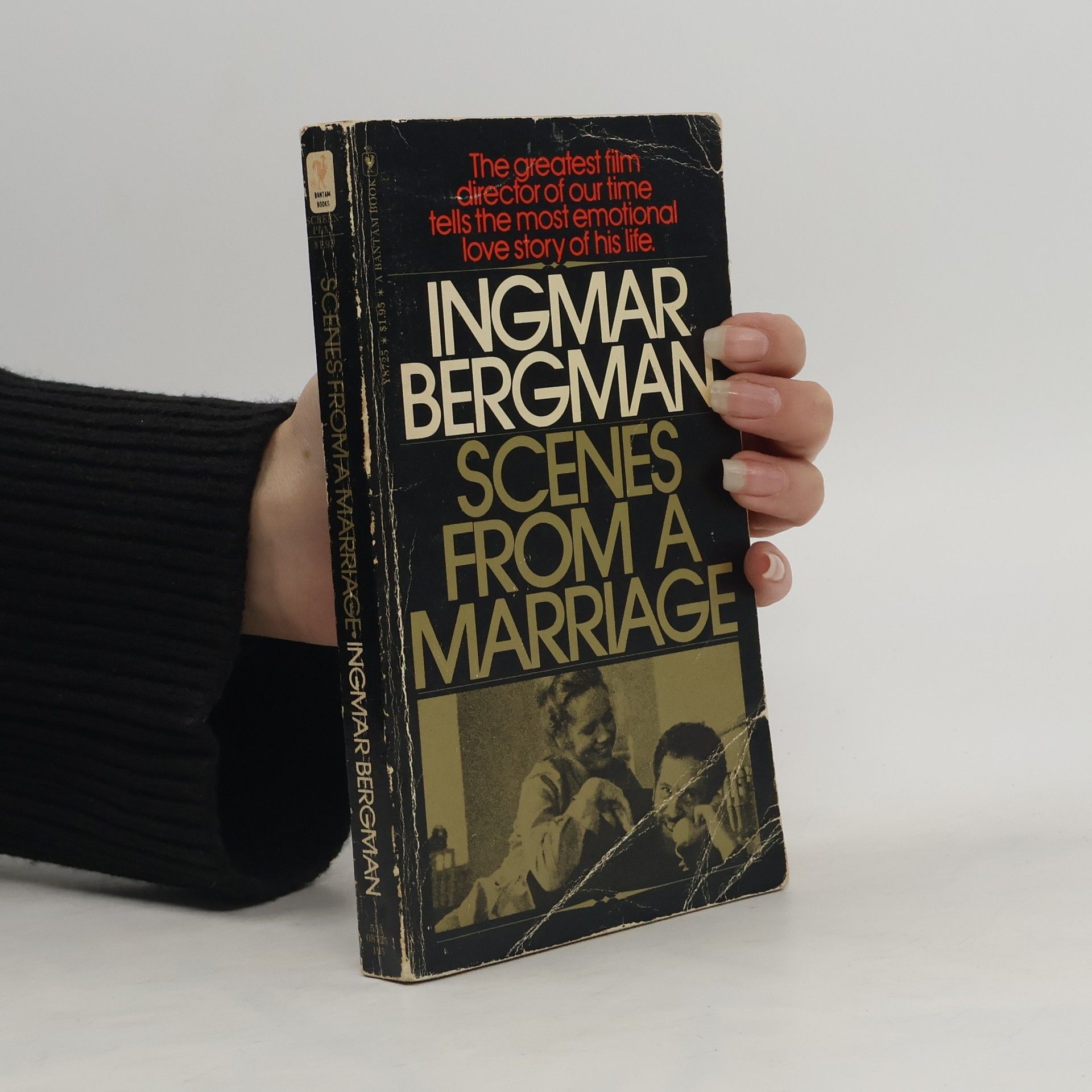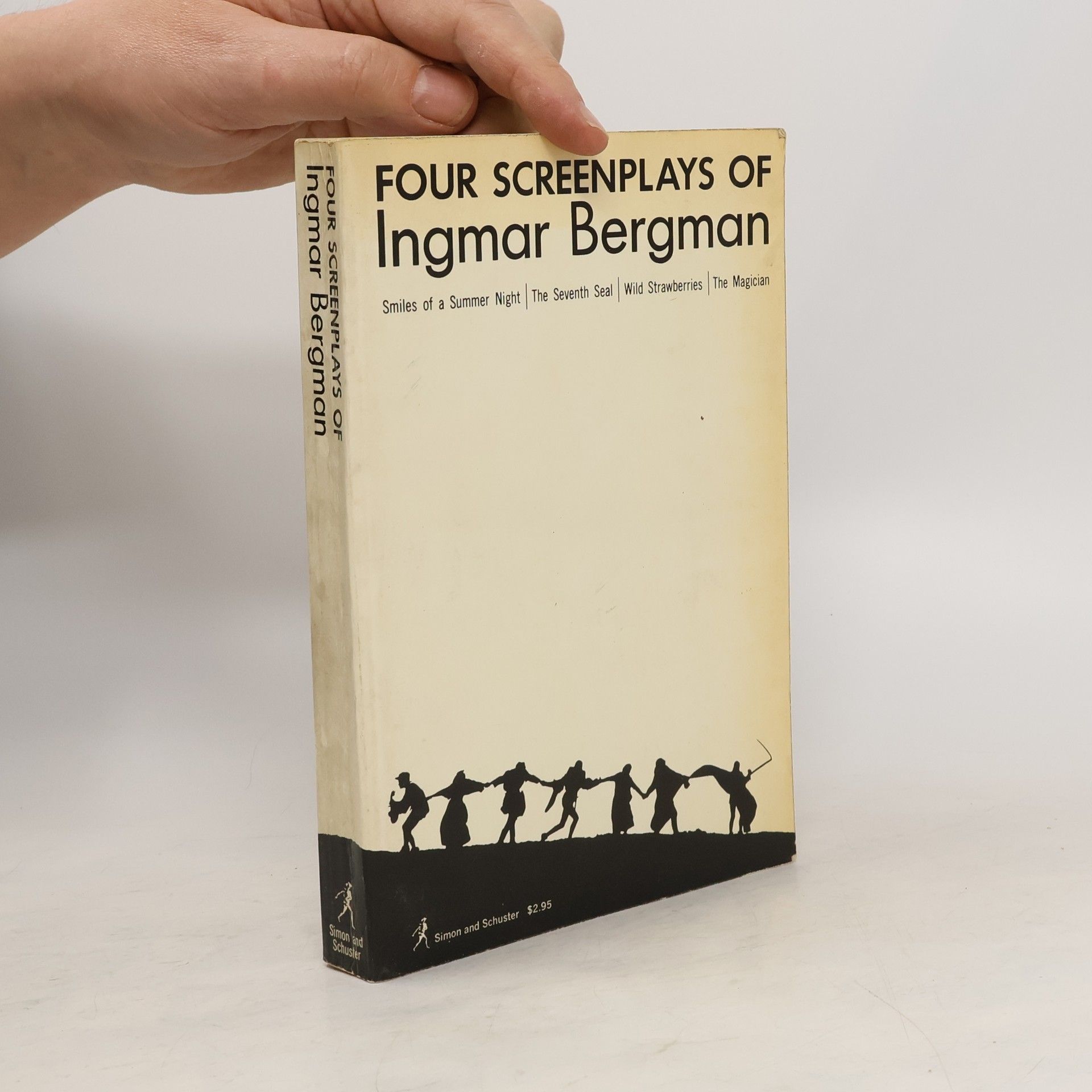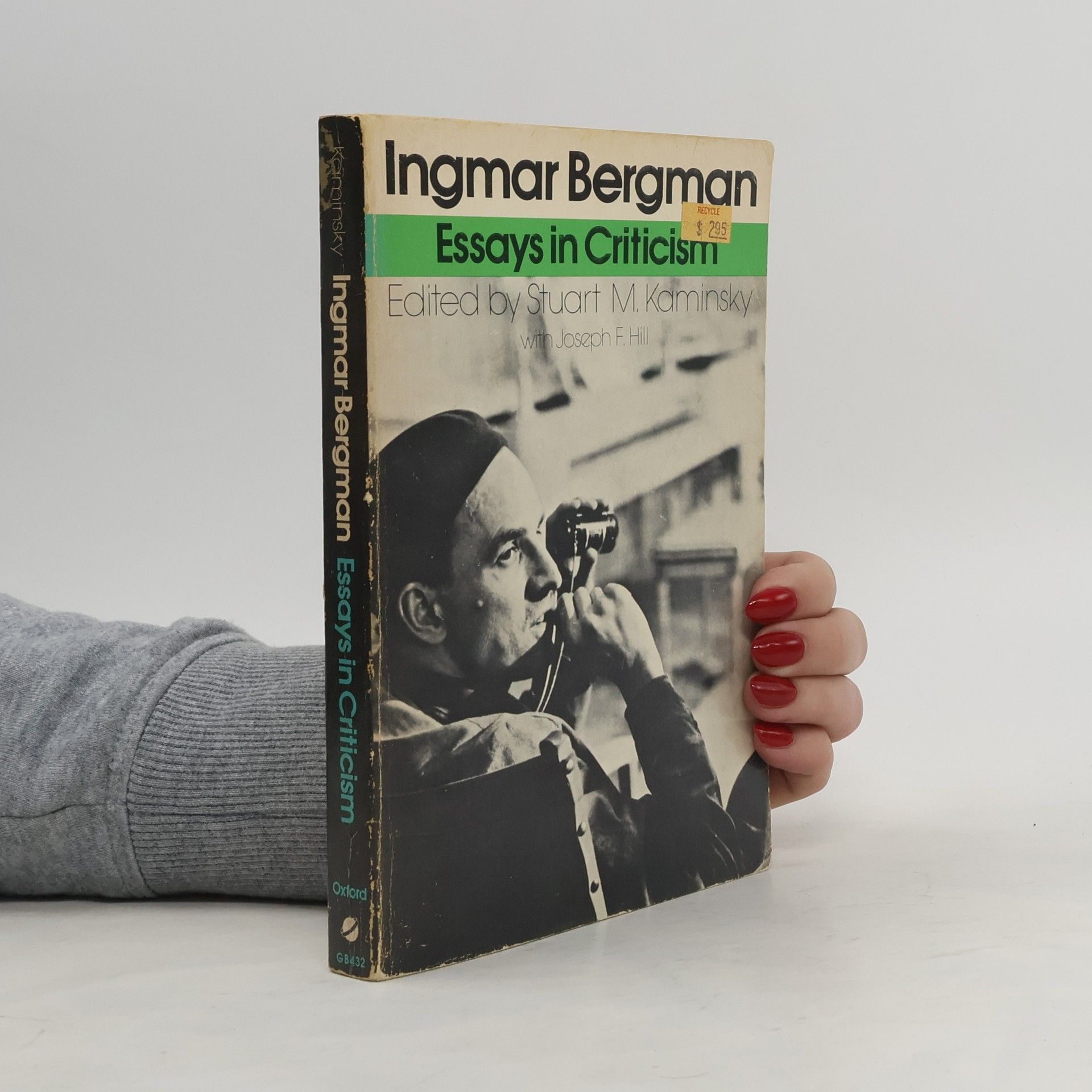Essays in Criticism
- 352 pages
- 13 hours of reading
Whether one admires Ingmar Bergman's films or not, his importance in the history of cinema cannot be minimized. Bergman, more than any other film-maker, made cinema a respectable study, a field for scholars and intellectuals as well as reviewers. The foremost director of the art film, Bergman has suddenly, since Cries and Whispers and Scenes from a Marriage, become a film-maker whose work appeals to a broader audience as well. Why are Bergman;s films so compelling? Why are they more talked and written about than any other film-maker's? Approaching Bergman's life and work from a host of analytical perspectives rather than from the narrow focus of a single scholar or critic, Ingmar Bergman presents articles by psychiatrists, clergymen, academics, and film-makers. The twenty-five authors are from England, Scandinavia, Canada, and the United States. Contributors such as Robin Wood, Susan Sontag, and Penelope Gilliatt discuss every film, from Bergman's earliest work through Scenes from a Marriage. Bergman himself is represented by his own famous essay "each Film Is My Last," as well as through a major interview with Charles Thomas Samuels. The emphasis is on non-evaluative criticism - criticism that is neither positive nor negative but illuminating. The result is an invaluable aid to understanding and appreciating existing Bergman's films - as well as those to come.







